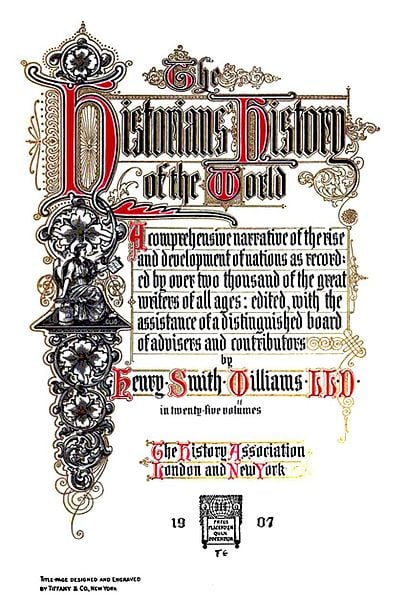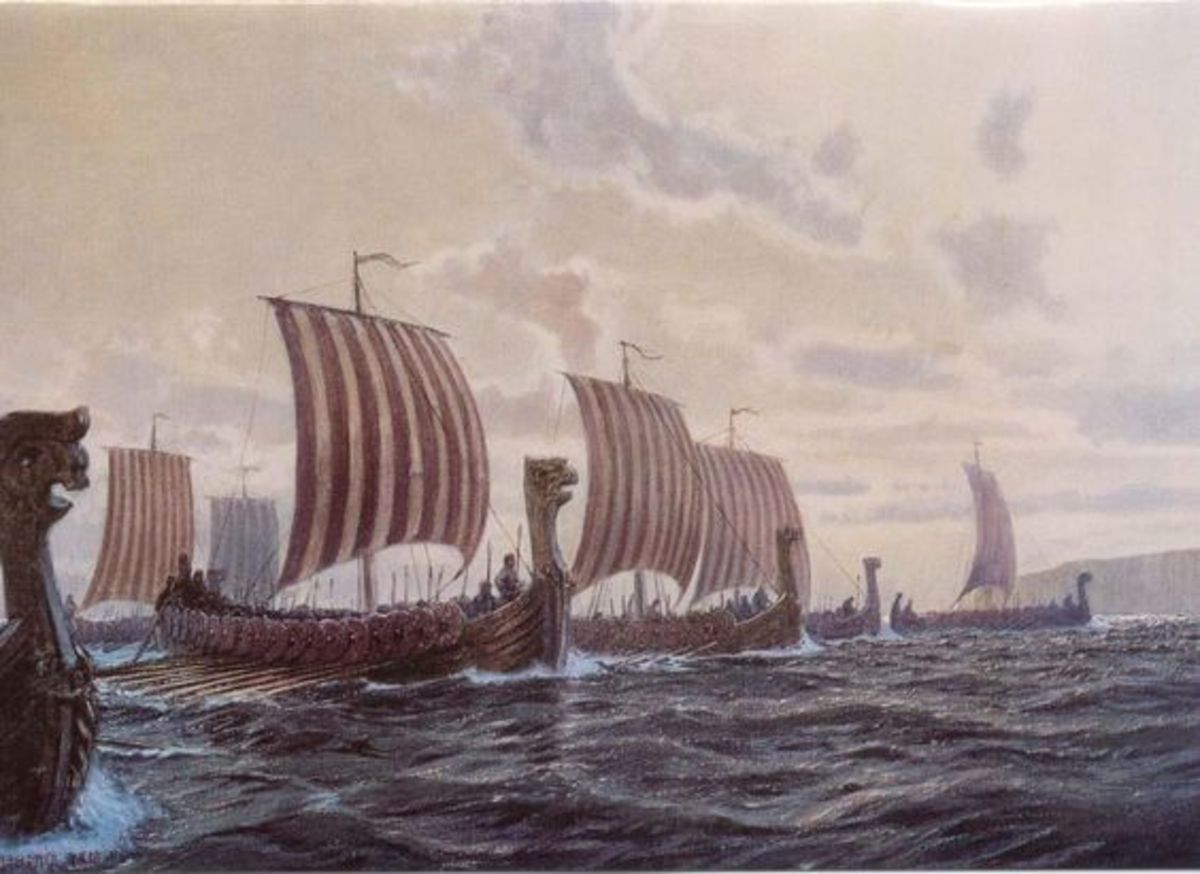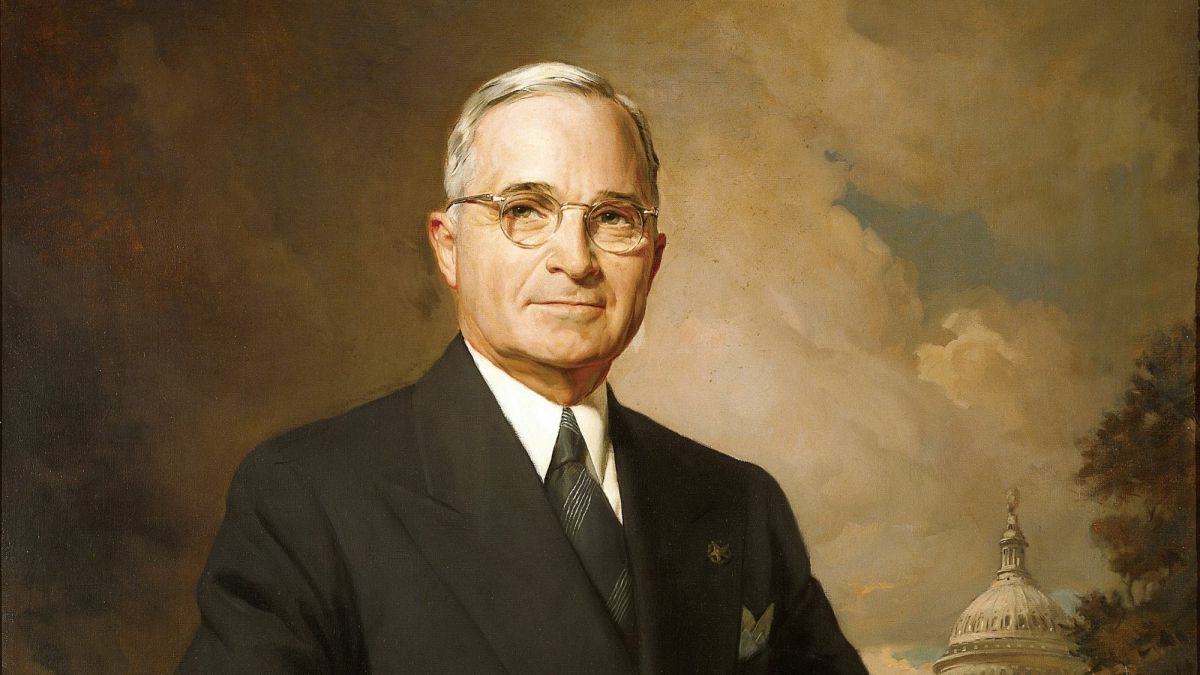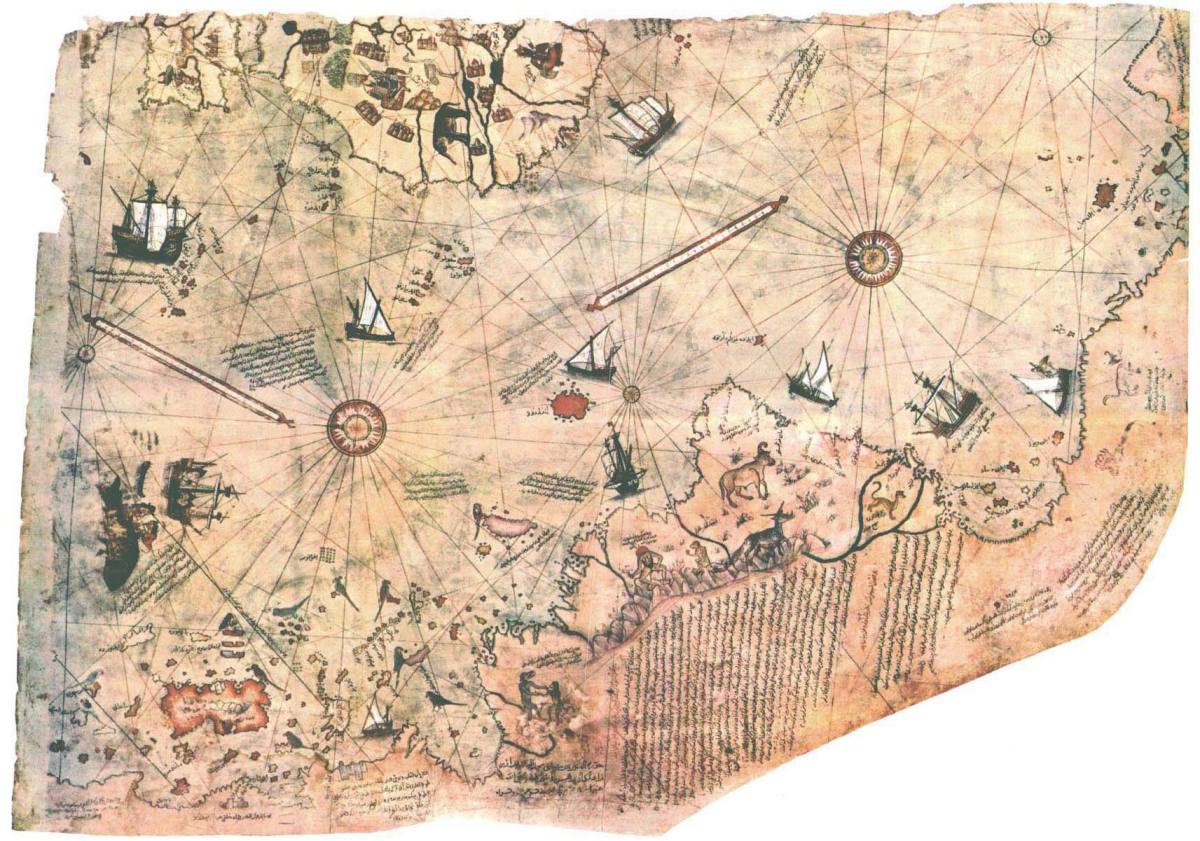Doctoral Programs In History
Why Get a Doctorate in History
Many people think a degree in history is a bad move. What can one possibly do with such a job? Aren't most people "living" as adjuncts because there are no jobs anymore? These are definitely good questions to ask.
While there are not as many tenure track jobs for historians as there were in the heyday of the GI Bill and the days of the Baby Boomers, there are a few out there each year for aspiring historians. There are, however, many other things that historians can do to earn a living and still do something they love. Many newly minted holders of doctorates can still find jobs. That is not the main purpose of this hub, however. The main purpose of this article is to discuss the actual process of getting a doctoral degree in history.
Types of History Doctoral Degrees
There are two major types of doctoral degrees for those looking to work in the field of history in the United States. The first is the PhD, or Doctor of Philosophy. The second of these history doctorates is the DA or Doctor of Arts. The PhD is by far the main type of doctoral degrees that students seek to earn.

Studying History
Earning the PhD in History
Earning a PhD in any humanities or social science discipline is a long and drawn out process. The field of history is no different in this regard. Those looking to earn a PhD in history can expect to spend about five to seven (or more, 8.5 years is the average) years taking coursework, studying for comprehensive exams, and writing a dissertation.
Unless a program has a joint MA and PhD program, those who apply to a doctoral program must have a master's degree with at least 18 semester hours of work to meet the minimum admissions requirements. Most schools will also require that a student take the Graduate Records Examination (GRE) before applying for admission. The scores on the verbal and essay portions of the GRE will be scrutinized most for those applying to a doctoral program.
A good GPA (over 3.5) and solid GRE scores are a minimal requirement. Aspiring PhD students will need to write an application letter that sets them apart, while also sending in a great writing sample and get at least three stellar recommendations from former professors or those knowledgeable about the applicant's academic progress.
Those lucky enough to get into a doctoral program will then be faced with the daunting task of actually getting the degree. The specific requirements for the degree will vary, but the following example is fairly common. The journey usually begins with about 2 full years of coursework that is designed to prepare students for comprehensive exams. Students should use these courses to prepare the three or four fields that are necessary.
Graduate courses generally take two forms, although there are frequently some undergraduate courses that graduate students can take at a higher level to complete some of the requirements. The two main course types are the readings seminar and the research seminar. Those who have already completed an MA will be familiar with these, but those who are just starting their research into doctoral programs may want more in the way of information.
- Readings Seminars are designed to acquaint students with the historiography of a given period or topic. These classes generally involve students reading a book or a group of articles each week. The students and the facilitating professor then meet to to discuss the readings. Frequently, students will have to submit a summary or book review regarding the readings. A 15-25 page historiographical paper is the usual capstone requirement for a readings seminar.
- Research Seminars give students an opportunity to conduct original research in primary source documents. New interpretation of old evidence is also an option. The main project for a research seminar is a paper that integrates the existing research in a field with new primary research. Those students who are thinking ahead can use their seminar papers as a chapter of their eventual dissertation.
Additionally, students will frequently have to take a course on historiography, which is basically the history of ways of looking at history. The course is very much a philosophical course that many graduate students dread.
After taking the required coursework, students can then request to sit for the comprehensive exams. These exams are very broadly constructed and usually related to the historiography of a given period or part of the world. Most students can expect to take three or four of these exams. One will be considered the major field, and the others will be considered minor fields. It is best to choose at least one minor field that is somewhat unique, but still in demand. This can enhance employment opportunities. Some hot fields might involve newer skills such as public history or digital history.
Most schools will allow a student to have two opportunities to pass the comprehensive exams. Assuming that a student passes the comps, he or she then moves to the dissertation stage. The dissertation is the culmination the doctoral program and generally involves a book-length argument that is original and adds to the field of knowledge. Dissertations typically take up at least 250 pages. After having the dissertation approved by the committee, the student will then defend the project before the department. If the thumbs up are given, a new PhD in history enters the field, usually about 5 to 7 years after starting the journey--in addition to the 4-year BA and about 2 years at the MA level.

The Doctor of Arts in History
The DA in history is a doctoral degree that focuses upon undergraduate teaching, rather than research. In addition to the history coursework, students are generally expected to take some courses in the field of education. The admissions requirements are fairly similar, and the first two years of the program are quite similar to the first two years of the PhD program. Students can expect to take coursework and comprehensive exams.
Only two universities currently offer this degree, St. John's University and the University of North Dakota. Students can expect to teach classes while participating in the program. UND requires that DA students prepare an upper-division undergraduate course from the current catalog (which can include a special topics course of the student's design). The capstone project of the program is much shorter than the traditional dissertation and must include some original research and a teaching application. The DA is designed to be completed in three years, which is much shorter than the average length of a PhD program.
Where to Study for a PhD in History
Most states in the United States and most provinces in Canada provide students of history opportunities for a doctorate degree. The American Historical Association provides an overview of all of the universities that offer doctoral programs in history in the United States and Canada.
These schools range from prestigious research universities such as Harvard or Princeton to land grant state universities in smaller states such as the University of North Dakota or West Virginia University. The more prestigious the school, the more competitive the admissions process. Even smaller, less-well-known programs will have competitive admissions, although the pool of applicants will likely be smaller.
Those who want to avoid the coursework requirements of a doctoral program in the United States may want to consider going abroad for their doctoral studies. Prestigious universities in the British system such as Oxford and Cambridge only require a dissertation for the PhD (or D. Phil. in the case of Oxford). This does not mean that these are less rigorous, it just means that students can expect to only complete the thesis (British version of the dissertation--master's students in England write a dissertation), which requires approval of a prospectus and the actual writing of the project. Most of these programs require completion in three years, which is substantially longer than the 8.5 years expected in the United States.
While the prospect of completing a doctorate degree in history may seem daunting, those with an inquisitive an analytical mind and who wish to have a better understanding of humans throughout the past can benefit from the process.









